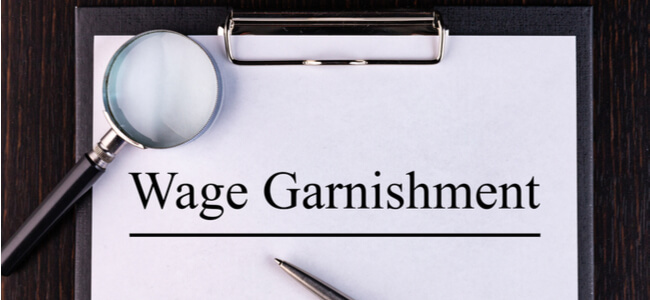How To Deal With Debt Collectors

Most consumers dread debt collectors who hound them to recover the money they owe on a credit card, home loan, or student loan. Debt collectors often use predatory tactics, which are illegal in most cases.
A debt collector may contact you in two situations. The first is when the lender uses a collection agency or their in-house team to collect past-due debts. In the second case, a debt collection agency would buy a past-due debt from a lender, seeking to collect the full amount from you.
What Are The Tips For Dealing With Debt Collectors
Wondering how to deal with collection agency tactics? When a debt collector contacts you, do not get going with their process immediately. Understand your rights and how to manage them. Failing to do so will only give them an upper hand and allow them to take advantage of you.
Here are some tips for dealing with debt collectors.
1. Do Not Avoid Them
It can be a tough process, but acknowledge that the agents are after you to recover the money you borrowed. They will not go away if you stop answering their phone calls. Ignoring them for too long could lead to an increase in debts and lead to further troubles.
2. Understand Your Rights
Understand the Fair Debt Collection Practices Act, which summarizes borrowers’ rights when collectors chase them for unpaid debts. Though lenders have the right to recover the money, they cannot engage in deceptive or unfair practices.
Some lenders comply with the laws, but many adopt unfair practices to scam consumers. Know that agents cannot do the following.
- Make a phone call before 8 AM or after 9 PM
- Contact an external source to get your contact details
- Harass you or anyone else related to you whom they contact
- Contact you during your work hours even after you specify that your employer forbids such calls
- Make incorrect claims about the money you owe
Many collectors also use dubious practices to harass consumers, which include the following:
- Use a fake company name
- Present themselves as law enforcement officials
- Threaten you with arrest over non-payment of dues, seize your property, or garnish your wages
- Give false information to others about your credit information
3. Document Everything
You must ask for the information about the lender’s name and the outstanding amount. They must also inform you that you can dispute the outstanding amount. If collectors do not provide this information upfront, they must do so in writing within five days. When they provide the information upfront, ask them for written verification of the debt.
If you attempt to negotiate to settle the outstanding balance for a lower amount, ensure it is documented. It will not give them the chance to come back and harass you for the remaining amount.
4. Look Out For Old Debts
Some debts, also referred to as zombie debts, come with certain limitations. These become non-collectible after a defined period. Some collectors might still approach you, and if you make a payment, the statute of limitations will reverse and entra you in paying the full amount.
5. Be Wary Of Scams
When collectors approach you, ask them for their contact details and address. Search online to verify whether they are genuine. Consider it a red flag if they do not share the information.
6. Keep Information On Hold
Avoid paying with a check, which could reveal your bank account details. You can use a third-party payment service or money order, especially when you doubt the collector. Bank statements, even without the account number, can help collectors identify the amount of money you have in the account.
7. Negotiate
You can try your luck by offering to pay a lower amount. Pay a lump sum amount, which should be a fraction of the amount asked by the collector. Start the process of negotiation with a lower amount because you will likely have to settle for a higher amount as compared to your opening offer.
Conclusion
The best way to avoid debt collectors is by making timely payments each month. However, do not panic if you cannot keep up with the repayment schedules.
Know your rights and watch out for dubious practices from collectors. Moreover, start repaying the debts you currently owe to ensure you do not fall into the same trap again.



